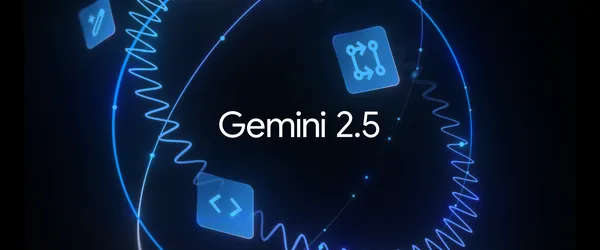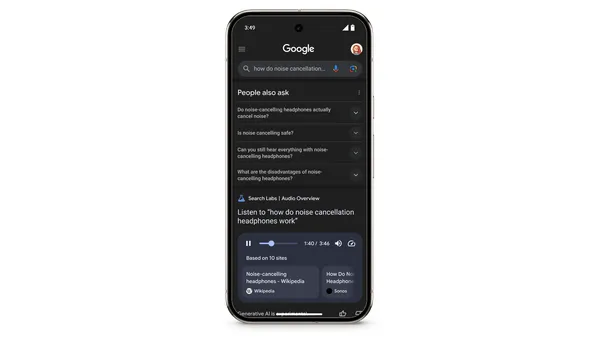 Gemini 2.5 Flash and Pro are now generally available, and we’re introducing 2.5 Flash-Lite, our most cost-efficient and fastest 2.5 model yet.
Gemini 2.5 Flash and Pro are now generally available, and we’re introducing 2.5 Flash-Lite, our most cost-efficient and fastest 2.5 model yet.
We’re expanding our Gemini 2.5 family of models
 Gemini 2.5 Flash and Pro are now generally available, and we’re introducing 2.5 Flash-Lite, our most cost-efficient and fastest 2.5 model yet.
Gemini 2.5 Flash and Pro are now generally available, and we’re introducing 2.5 Flash-Lite, our most cost-efficient and fastest 2.5 model yet.
 Today, we’re launching a new Search experiment in Labs – Audio Overviews, which uses our latest Gemini models to generate quick, conversational audio overviews for certa…
Today, we’re launching a new Search experiment in Labs – Audio Overviews, which uses our latest Gemini models to generate quick, conversational audio overviews for certa…
 We partnered with Darren Aronofsky, Eliza McNitt and a team of more than 200 to make ANCESTRA.
We partnered with Darren Aronofsky, Eliza McNitt and a team of more than 200 to make ANCESTRA.